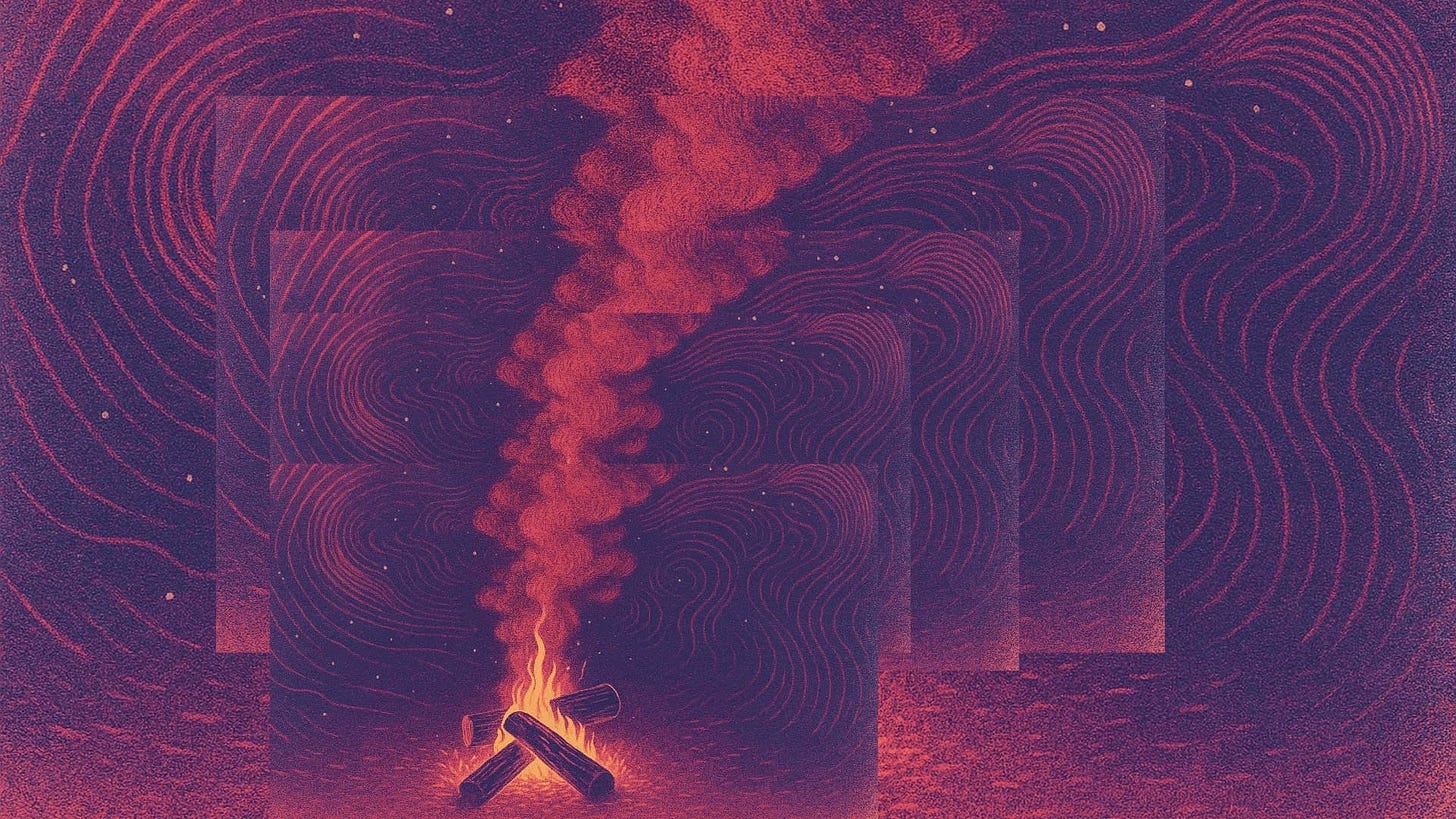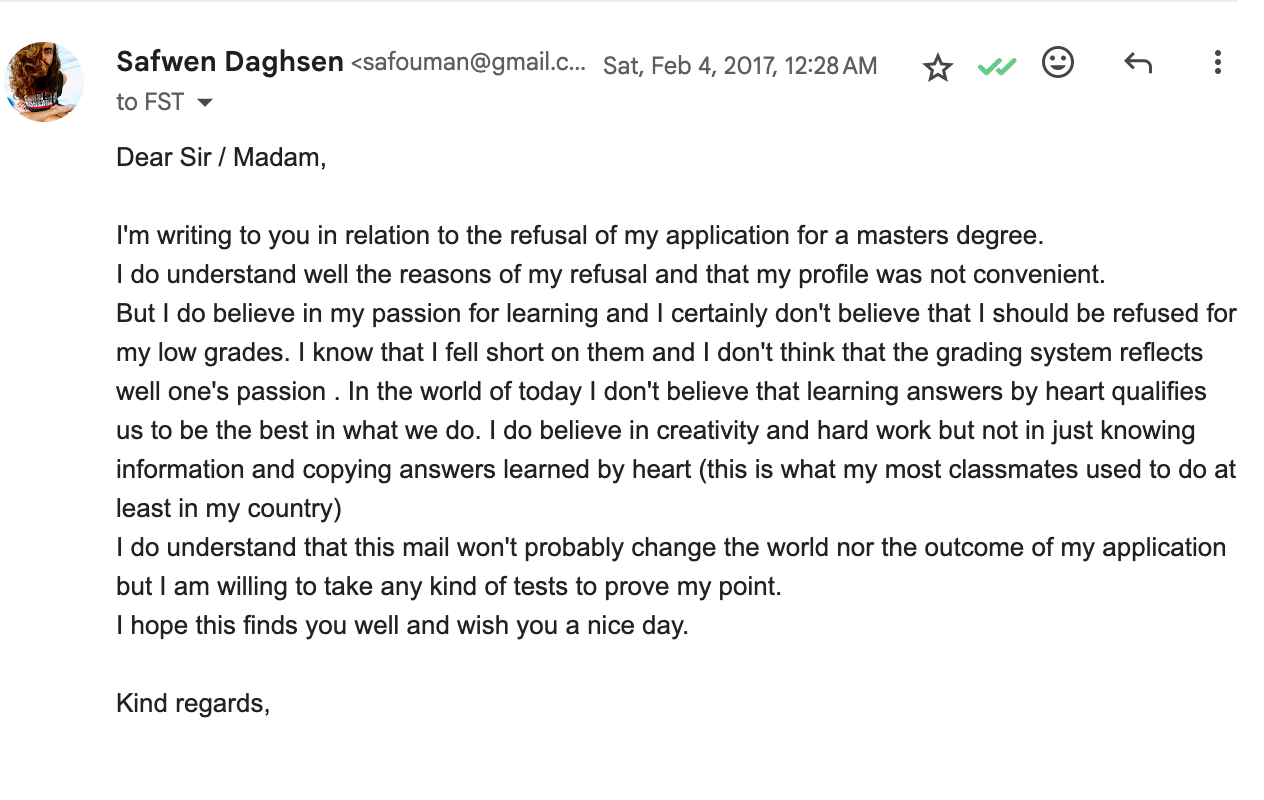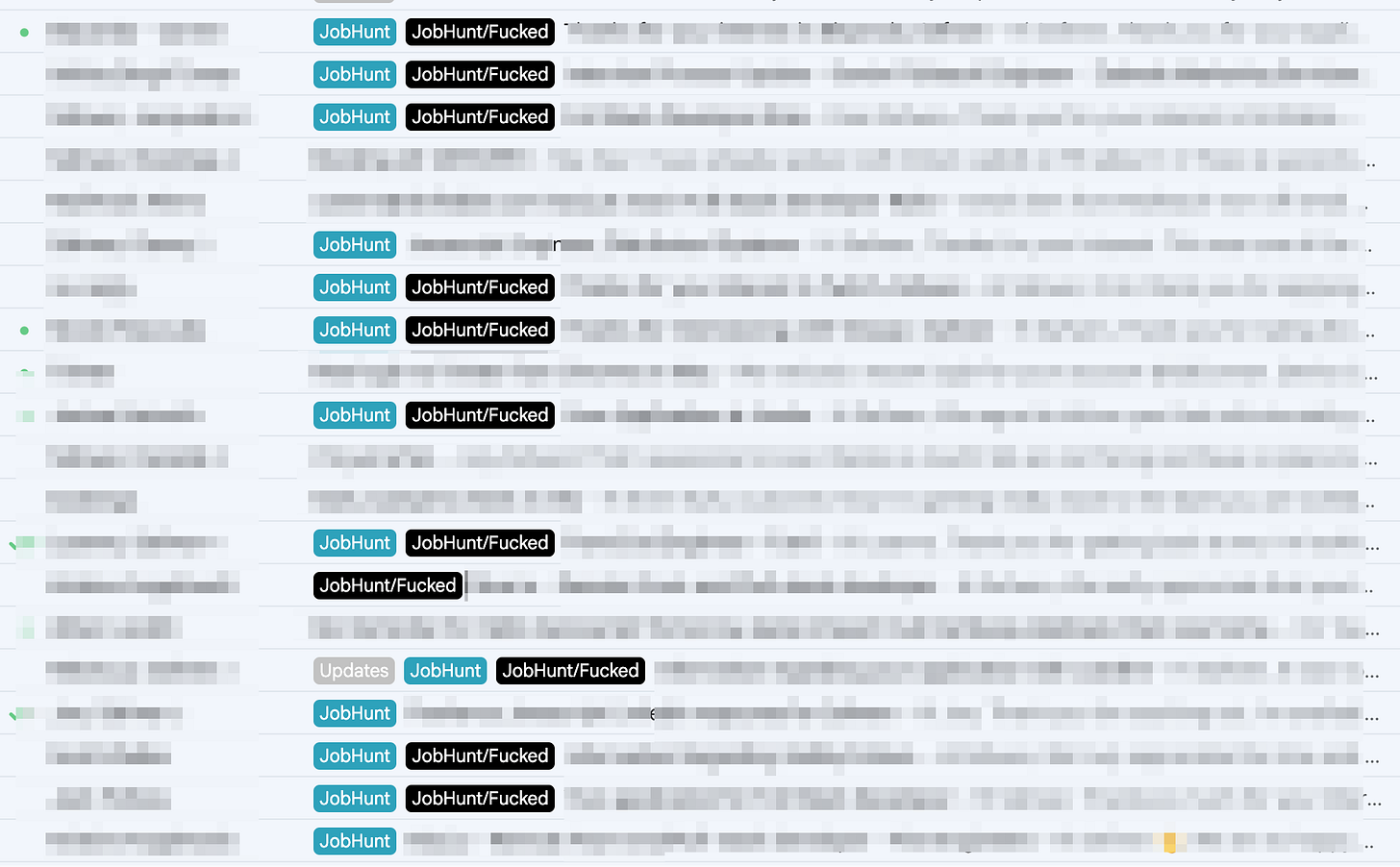Whisper #1 - The 'No' that fed this fire
I chased the sun with burnt-out shoes. Carried silence in a screaming world.
For a better context, I recommend reading the previous post This Fire Has a Name.
This isn’t a whisper about engineering.
It's for anyone who's ever stood at the edge of a system and wondered what lies beyond.
My dear reader, as you walk with me through these embers, listen for the echo of your own whispers.
The fires you've already walked through.
The boundaries you've already questioned.
The part of you that’s been overlooked.
The part of you that questioned the systems.
The part of you that dared to say:
Maybe I’m not the problem — Maybe the game is rigged.
Zlobek *— the mischief and rebellion
Żłobek — Czech noun (from “zlobit”)
Used to refer to a misbehaving or naughty child; someone who causes trouble or doesn’t obey.
I was never a good student.
I was a mischievous one, intentionally and probably subconciously.
Engineering requires understanding and implementation of systems.
And I hated the very idea of being trapped in one.
During my university years, my motto burned within me like a prayer in reverse:
Fuck all systems—I'll hack them, corrupt them, and set myself free.
I deliberately failed.
Never attended classes.
In exams, I'd write my name and leave a blank paper—my silent rebellion against prescribed thinking.
Once, an exam prompt asked: "If you are interested in joining Company X, write your motivation letter."
A practical lesson in professional communication.
A bridge to the working world that awaited.
My exam paper had only two things:
My name and one single sentence:
"Thank you, but I am not interested."
I failed, of course.
But logically—technically—I was playing within their system.
The system just doesn't like those kinds of games.
Don't mistake this rebellion for laziness. I am ferociously ambitious.
You are responsible for your own life. This isn't a call to fail your exams, but rather to see the invisible doors in every wall built to contain you.
Post-graduation, I applied for a Master's degree at Oxford.
With my grades, it felt like trying to touch stars with hands still dusty from the ground.
I applied anyway.
I got shortlisted.
I remember calling friends, just to watch their faces transform: "How did Saf get shortlisted with his grades?"
The thrill lasted exactly eight days.
Rejection arrived like a whisper that silences a shout.
Was it the end?
No.
I sent a letter titled: "Rejection of rejection: I refuse to be refused."
Do I have a master's degree from Oxford today?
No.
But I have something far more valuable—the knowledge that rejection is just another person's opinion of your worth.
Daring to take the craziest leaps of faith is what makes life worth breathing through.
I'm grateful for that rejection; it taught me that we always have a choice in how we receive the world's "no."
The goal isn't reaching the goal, my dear reader.
It's learning to breathe and act as if what you desire is already yours.
Not in delusion, but in the grounded daring that says: I am already what I'm becoming.
A Price on worth
My first job offer came where I completed my thesis: 150 TND per month. 30-40 EUR.
You read that correctly—no numbers missing.
That's when life whispered its first hard truth:
No one will know your worth just by looking at your face.
The same way no one knows you have a headache until you speak it.
I refused to believe my worth was determined by a market, a geographic location, a man in a suit who knew nothing of the braincells or the voices in my head that led me here.
Looking at the situation upside down, I turned that offer into a freelance opportunity, imposing my own rigorous terms that came as a shock:
"I'll only work for two weeks."
I bluffed: "I work with clients in the UK, paid in pounds sterling, and I don't have time to waste for what you're offering." (1 GBP = 4 TND, a currency of dreams)
"I won't be tied to office hours. I come whenever I decide."
Watch what you wish for, dear reader. I did end up working for clients in the UK, paid in pounds sterling— but I'm getting ahead of my story.
I decided the better place to look for my worth was in the clouds, not in an office, and sadly, not in my country.
This led me to refuse many offers to work locally or migrate to France (the easiest getaway for Tunisian engineers— no offense, French friends, but your streets never sang my name).
Freelancing wasn't easy, especially at the beginning.
I lowered my prices, constantly teaching myself new skills to widen the chances of being hired.
Months passed without traction.
My first 30$ evaporated like morning dew:
Six dollars for the transaction fee.
Ten dollars for bank account activation.
The rest burned into a monthly fee.
For the context, my reader: In Tunisia, we aren't allowed international bank accounts.
It's illegal to open accounts outside the country.
God bless digital banks and my hacky way of always finding a path
The Potato and the Code
Fast forward— life jumped me to India, freelancing on the side while working different kind of jobs.
One day, working in a restaurant, my boss handed me a box of potatoes to peel, only to grab his laptop and tell me he could now finish coding his project since he got me to do the tedious work.
Little did I know that in India, almost everyone knows how to code ( or at least the people I met )
I looked at the potatoes and laughed at my engineering diploma.
That day I shattered the cultural supremacy of being an engineer.
We identify more than we need to with titles, certificates, diplomas, and even our skills.
That is not what makes you special, my dear reader, not what makes you, You.
I launched different projects, hoping to make enough money to sustain my travels until I met someone who worked remotely.
A spark ignited in my mind: If I could get a remote job, work from anywhere in the world, make enough to survive— that would be my sweet definition of freedom.
I crafted a CV full of ambition and dreams.
Started sending job applications like a man possessed. Only to discover I wasn't seen the way I thought I'd be. Then came my first interview.
The adrenaline.
The excitement.
The rush.
It was do or die.
I prepared. I stressed. I braced myself.
Stars in my eyes—all I saw was the dream of financial safety, of traveling the world, of being a free man.
Hours after the interview, I was shattered by an email that said:
"You're good but we don't hire people from Africa."
That one broke me. Judged for something I didn't choose.
The world will break your heart ten ways to Sunday.
~ Silver Linings Playbook
But what are you going to do about it ? ( That's the question that transmuted my anger )
I cried. I wept. I got back on my feet.
The thought that kept me going: I got an interview.
Someone took a chance on me.
This was enough to continue.
I rose from rejection like a mad phoenix.
Applied again and again.
Created different versions of my CV.
Set up a Gmail filter for anything containing "unfortunately" or "we are sorry to inform you"— I named it "fucked."
The first interview electrifies you.
You prepare, memorize, rehearse.
After thirty interviews, you just put on the shirt, keep the shorts, and get on with it.
Two and a half years.
Applying and reapplying.
Interviewing and failing.
I made a counter that increased with each application:
The first hundred.
One thousand.
Four thousand.
Nothing worked.
Some companies banned me from applying— I would get rejected and reapply the next day.
I thought if they saw my persistence, my hunger, my fire, they might give me a chance.
That didn't happen.
The Infinite Game
When you get an interview, your mind locks onto that single opportunity.
It stops seeing the future beyond that moment.
You only see the tunnel:
Succeed or face the pain of being stuck in the same place.
With each rejection, I sat with myself:
What did I do wrong?
What couldn't I answer?
What can I improve?
I would learn whatever technical thing stumped me. YouTube became my university. I couldn't afford paid classes, so I found pirated versions of what I needed.
My days became disciplined rituals: Sections for learning. Sections for applying. Sections for emails.
The rest was either yoga or a way to vent the frustration that threatened to consume me.
Time and endless rejections forced a shift in my mind.
I stumbled upon something in my readings about the Vietnam War.
How did Vietnam defeat the mighty United States?
→ They played what philosophers call "the infinite game."
In a finite game, you play to win specific battles.
In an infinite game, you play to keep playing.
The Vietnamese soldiers didn't need to win every battle. They just needed to not lose the war. They learned from each defeat. Adapted. Persisted. The goal wasn't the next hill or village— it was outlasting the opponent who thought in finite terms.
This changed everything for me.
I stopped thinking, "I must get this one job or die trying."
Instead, I thought, "Let's see if I can do better than the previous time."
I mapped my frustration and reframed it from an angle that wouldn't cut so deep. This wasn't just detachment— it was strategic persistence.
Rejections became a strange joy.
An opportunity to improve.
An obsession to avoid past mistakes.
A curiosity about what the next rejection would teach.
The one reality I couldn't hack my way around is :
"Rejection for being the guy from Africa."
That's my identity, my roots and like we say in Tunisian, you can't take your nose off of your face.
At some point, I wondered if I even wanted a job anymore.
The chase had become its own purpose.
If only someone would pay me for being rejected.
Two Offers, Two Truths
One day, the impossible happened.
I reached the final interviews with two different companies. And both said yes.
I cried my heart out.
Not soft tears.
The kind that shakes your entire body.
The kind reserved for when something long-thought impossible suddenly stands before you.
The first day at Company A (they don't deserve to be named): They handed me a contract. I read it once, then twice.
The salary: 20% of what was mentioned in the job offer.
I called the CEO, my voice steady despite the storm inside. "There's been a mistake in the contract."
"No mistake was made. That's what we pay people from Africa."
A brutal knockout, delivered without gloves.
An impulsive but wise decision formed in my mind.
I don't know if it's called resignation when you never truly began, but I told the CEO:
If you see people as less because of where they stand on a map,
then you’ve already lost the plot of what it means to be human and I'm not willing to work with someone with such convictions.
What calmed my anger was the second offer I still held up my sleeve.
Company B was offering 3,000 USD per month— more than enough for a guy from Africa.
I signed the contract.
Started working remotely, after almost three years of sweat and tears and infinite frustrations.
Every day I woke up excited to do my best.
But that didn't last.
Oh, life.
Has a way of keeping its fists up.
The Exit Interview — the knockout moment
One month later, I was delivering my first presentation at my new dream job.
Only to be interrupted by the CEO (Still not sure what it is about CEOs and their flair for rude timing) :
"We're not here for the presentation, Saf. We're here to tell you you're being let go."
I clicked to the next slide in disbelief.
CEO: "I think you didn't get my message. This is an exit interview."
Fuck my life.
One thing about me: When I'm angry, I walk.
I don't care which direction. I just need to move.
That day, I walked for four hours, crying my heart out.
I was beyond broken.
All I knew was: I am not willing to send another application, not another interview, not another rejection.
When the Engineer Met the Yogi — the convergence
I took a six-month rain check from job hunting.
Traveled again.
Taught yoga in Berlin.
Until COVID swept the world and I found myself back home, alone in my apartment with a new decision:
Fuck jobs, I'll create my own opportunity.
I started a project with the yoga studio where I used to teach in Berlin: An online platform for yoga classes.
Two months of coding day and night, I tasted again the joy of creating something from nothing.
The joy that had first drawn me to engineering before systems and rejections buried it. I started teaching yoga online through the same platform I built with my own hands.
As people struggled with working from home, I found myself thriving— combining two aspects of myself I never thought would meet:
The engineer and the yogi finally sat in the same room.
Not as strangers.
Not as competitors.
Not as an impossible choice.
But as two expressions of the same fire.
The Fire That Knows Your Name: Beyond the How's
If I am to give you one lesson from this entire journey, my dear reader, it is this:
Don't get obsessed with the "how's."
Yes, getting the mechanics—the tactics, the applications, the CV, the strategies right, will eventually get you there.
But that is the longest path home.
The shortcut?
Learning how to BE before DOING.
Firing applications like a machine gun at every job posting was a waste of energy.
I was doing everything correctly—by the book.
But here’s the truth:
Deep down, I was panicking.
Every rejection cracked my self-worth a little more.
I was questioning my value.
The anger I aimed at the world was really splintering me from within.
The social pressure from friends and family—about my stubborn ways—
made my self-doubt grow… eerie.
Like a fog that crept in quietly and stayed too long.
I was brute-forcing my way through life, fueled by fear and unworthiness.
Anxiety kissed me, hugged me each morning and I couldn’t peel her face off mine.
Looking back, the younger me was a raging fire.
If he had just paused for a moment—checked in with how he truly felt—
he might’ve broken down…
…and finally healed.
But he didn’t.
His wound became a dirty fuel.
Being angry with a world that doesn't see your worth only reflects that anger back into your bones.
I learned this the hardest way possible—a path I hope to save you from.
Life is a learning process, and some lessons burn before they illuminate.
Aligning internally.
Understanding your emotions.
Finding safety in your Being.
And then—only then— Doing whatever you need to do.
This is the keystone to reaching your goals at light speed.
My dear reader, Your path won't look like mine.
Your fires will burn different colors. But know this:
The systems that reject you don't define your worth.
The labels that confine you don't contain your fire.
And the path that seems impossible might just be the one that leads you home to yourself.
Where your different selves— the rebel and the builder, the seeker and the finder— finally recognize each other as one.
But first, you must recognize yourself not in what you do, but in who you are beneath all doing.
That's where your fire has always burned.
That's where your whispers have always known your name.
Next time, I’ll whisper where the job application counter finally stopped.
But here’s the truth:
When one counter ends, another begins.
This time, the journey wasn't about chasing, but what happens when the fire you feed starts burning you from within.




